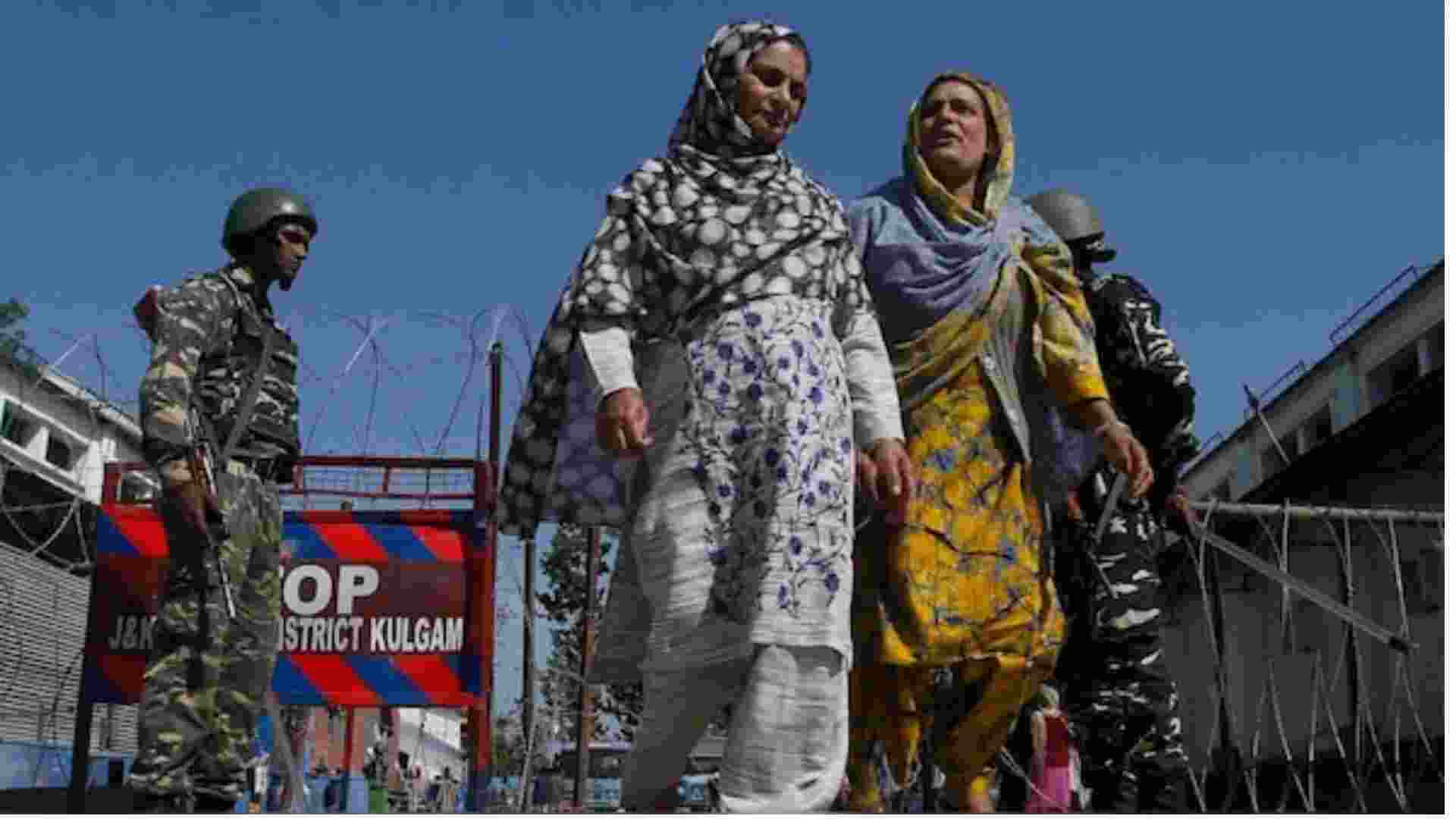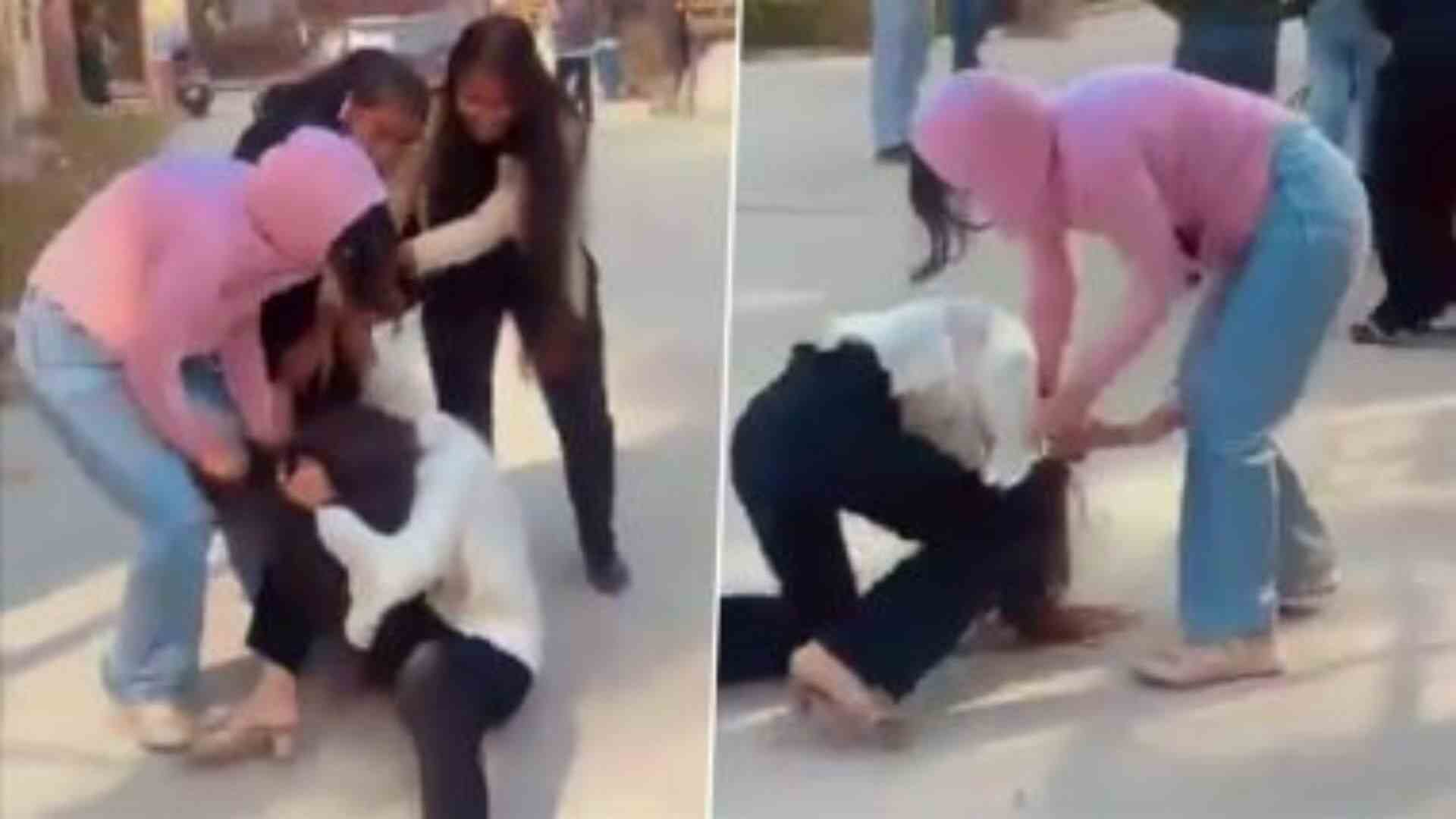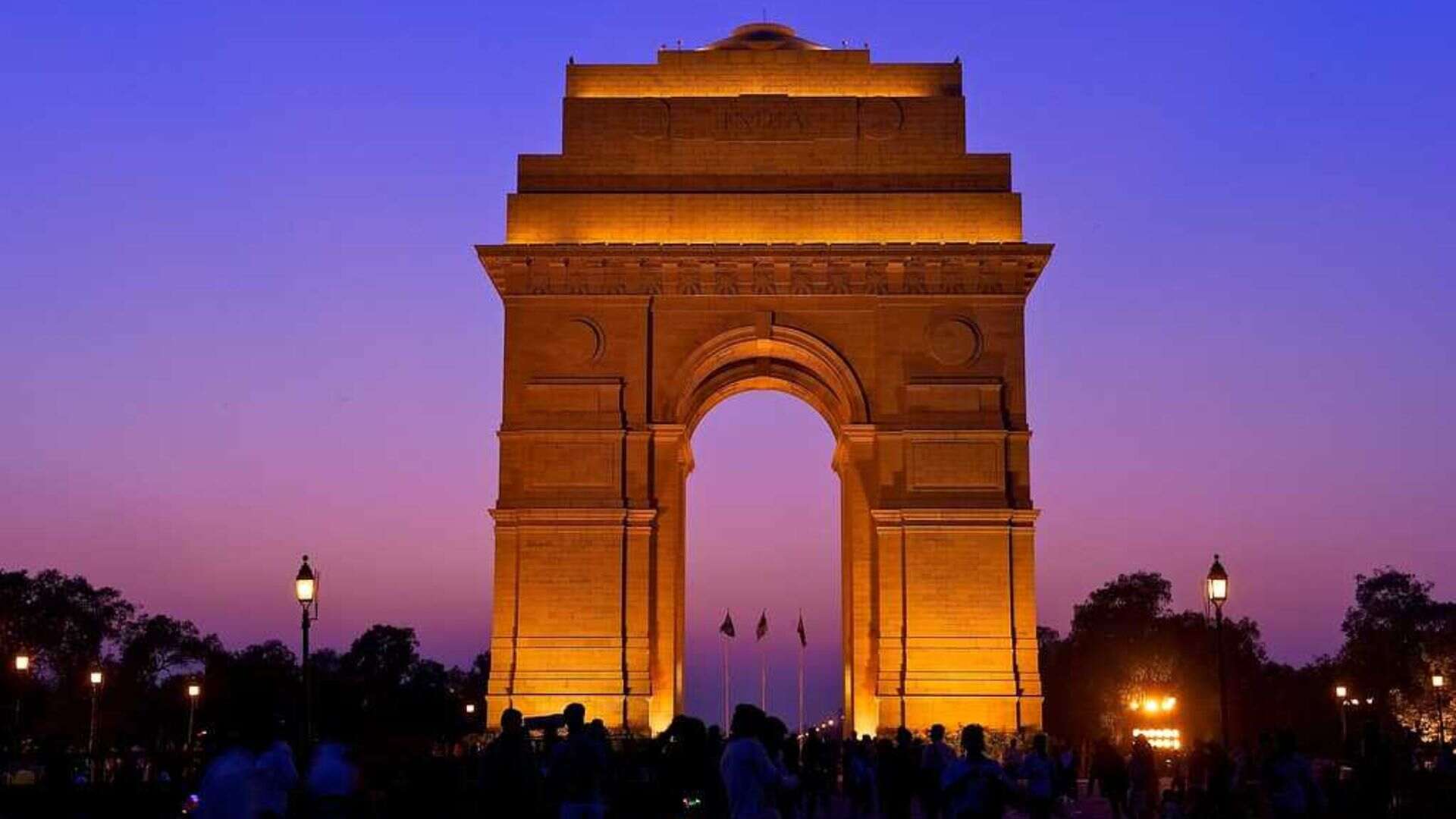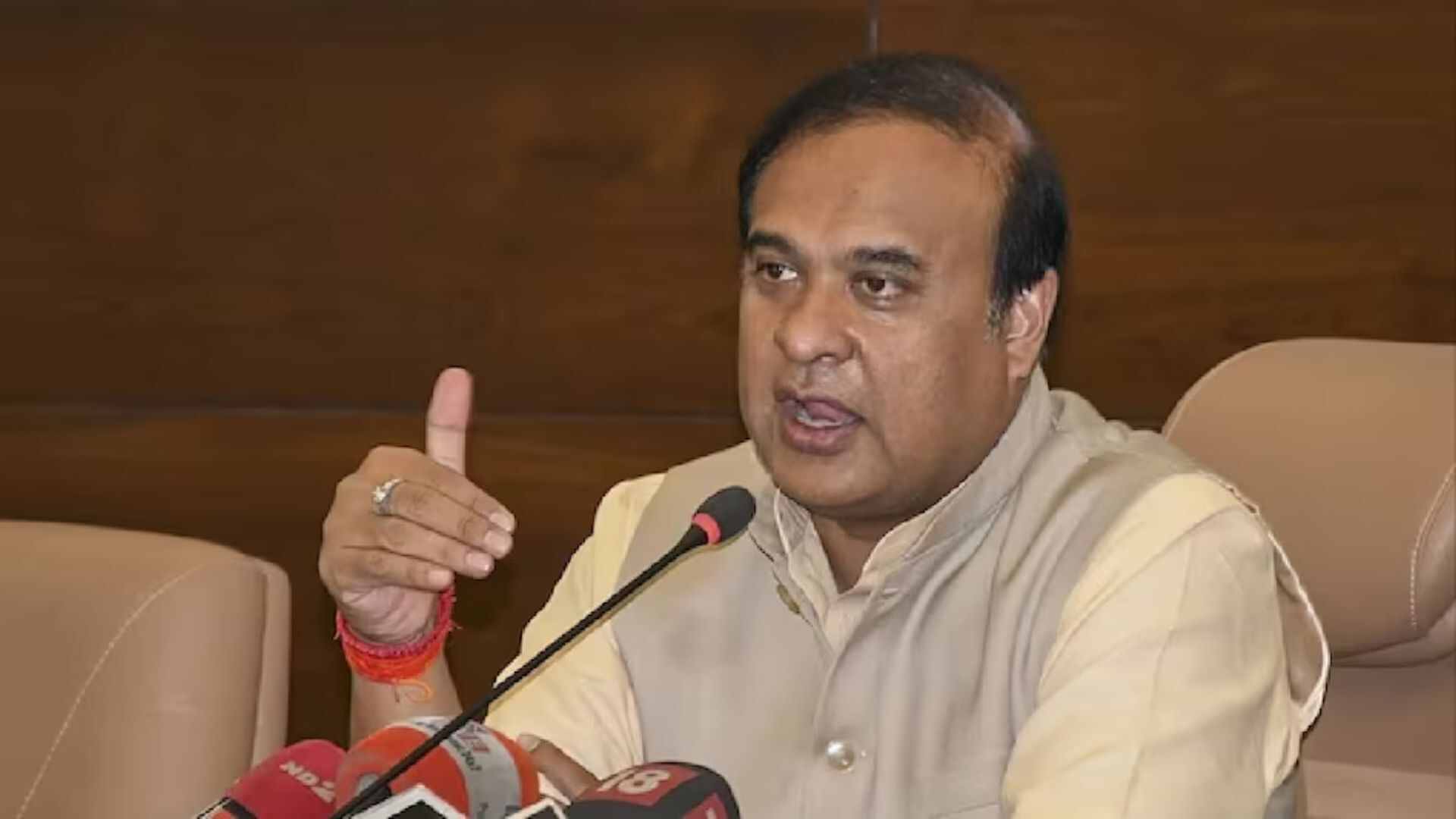Jammu and Kashmir need to see more political participation from women. The political landscape of Jammu and Kashmir poses unique challenges to women’s empowerment. Historically, women have been underrepresented in the region’s political roles. Prior to the 1972 elections, the political scene was almost entirely male-dominated, with no women successfully securing seats. The 1972 elections marked the beginning of female participation in politics, but the success rate for women remained low. Subsequent elections, including those in 1977, saw a slight increase in female candidates, but their success remained limited. The 1983 elections reflected a marginal increase in female candidates, though their representation continued to be minimal.
By 2002, women occupied only 8% of the seats in the Jammu and Kashmir Legislative Assembly, showing modest progress. The 2011 Panchayati Raj Act, which mandated reserving one-third of seats for women in panchayats, led to a significant increase in the number of female panches. However, women still struggle to attain higher positions, such as sarpanchs.
Conflict’s Role in Limiting Women’s Political Engagement
The ongoing conflict in Jammu and Kashmir has had a profound impact on women’s political participation. Although the situation has improved significantly, there is still much work to be done to encourage more women to engage in politics. A 2020 report by the Jammu and Kashmir Coalition of Civil Society highlighted the increased risks of violence women face in conflict zones, which hampers their ability to participate in public life. The economic disruption caused by the conflict has disproportionately affected women, as noted in a 2022 UN Women study, leading to lower participation in political activities as women prioritize economic survival over political engagement.
Cultural Barriers and Gender Norms
Cultural norms and traditional gender roles heavily influence women’s political participation in Jammu and Kashmir. Traditional roles often confine women to domestic duties, limiting their time and energy for political involvement. A 2023 study by the Centre for Social Research found that societal expectations continue to place women in secondary roles, with many perceiving politics as an inappropriate field for them. The view of politics as corrupt and dangerous further discourages women from participating. A 2019 survey by the Jammu and Kashmir State Election Commission revealed that 60% of women voters were disillusioned with the political process due to corruption and violence. Societal attitudes favoring male leadership contribute to women’s underrepresentation, with traditional norms often hindering their electoral success. Despite the increase in female candidates in the 2011 Panchayat elections, women remain significantly underrepresented in leadership positions.
Institutional Challenges to Women’s Political Advancement
Institutional barriers also play a significant role in limiting women’s political empowerment. Political parties often provide inadequate support for female candidates. A 2021 report by the Jammu and Kashmir Political Analysis Group found that women candidates typically receive less support in terms of campaign resources and party backing compared to their male counterparts. Additionally, women are underrepresented in decision-making roles within political parties and government structures. For example, in the 2020 Legislative Assembly, only 8 out of 87 seats were held by women, highlighting the lack of female representation in key decision-making bodies. Despite legislative measures like seat reservations in panchayats, women continue to face legal and structural barriers. In the 2016 Assembly elections, only 6% of women were elected to key positions, demonstrating the gap between legislative intent and practical outcomes. In the 2024 Lok Sabha Election, no female candidates were successful, including Jammu and Kashmir Peoples Democratic Party leader Mehbooba Mufti.
Addressing the Challenges Ahead
The challenges to women’s political empowerment in Jammu and Kashmir are multifaceted, stemming from the impact of conflict, cultural norms, and institutional barriers. Addressing these challenges requires a comprehensive approach that includes strengthening institutional support, promoting education and awareness, challenging cultural barriers, and ensuring safety and security. By implementing these strategies, the region can move toward a more inclusive and representative political environment, contributing to its democratic development and achieving gender parity.







